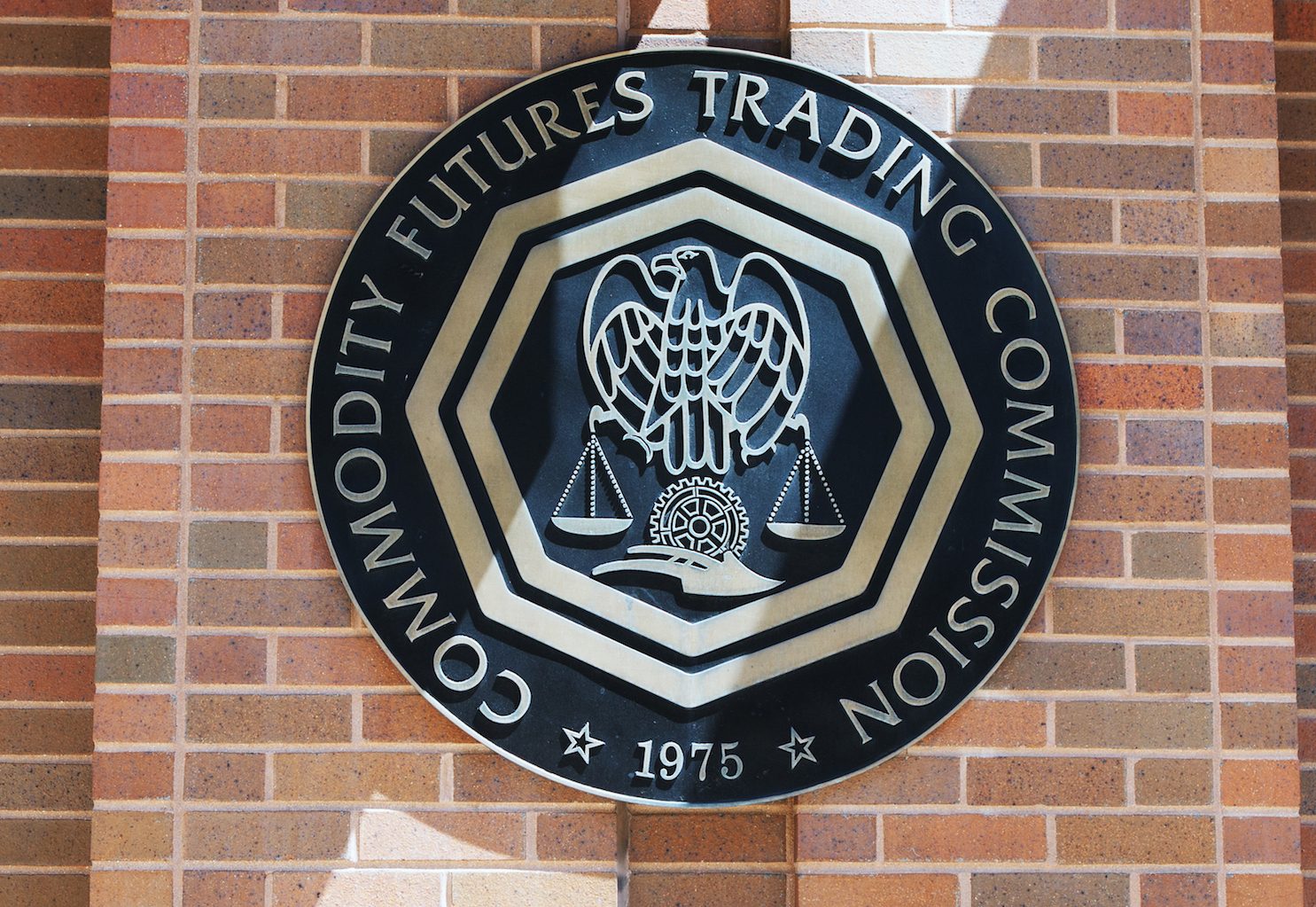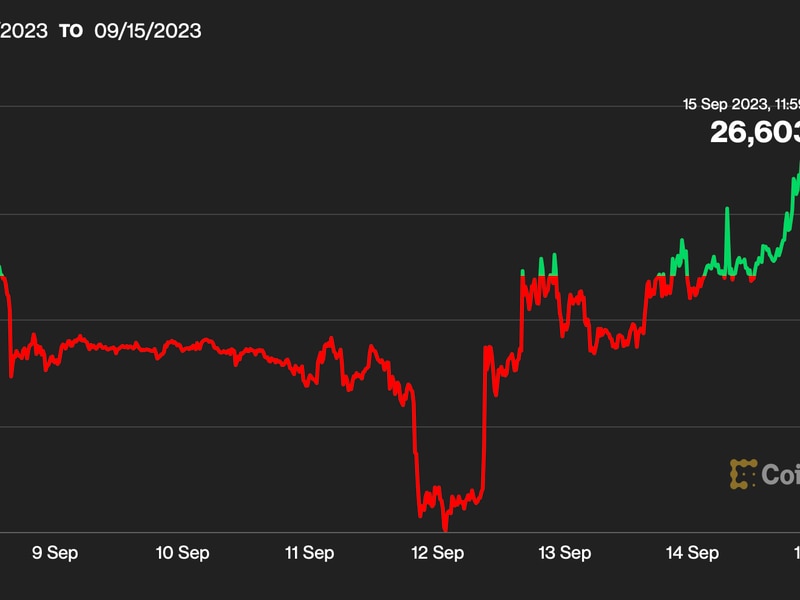Few Women Are Contributing Code to Major Crypto Projects, Report Finds

Using data collected from from Github, a study found the top 100 blockchain projects in the cryptocurrency ecosystem showed deep lack of gender diversification, with women committing only about five percent of code.
The study, conducted by journalist Corin Faife, reportedly checked over 1 million code commits in GitHub to identify participation of open-source contributors that could be identified as women. The investigation showed a total of 4.64% of female names in the main branches for each of these projects, a percentage that isn’t unusual in the cryptocurrency world.
Minding the Gap
Using the GitHub API, a custom Python script, and Genderize.io, Faife dug through a million lines to find contributor names in each project.
The gender-based investigation checked a total of 1,026,804 lines of code in the repositories, collecting users real names and identifying their gender using the Genderize service .
He pointed his tool at code in major projects like TRON and Binance and found that the database showed 54 projects had less than 100 commits made by women while 31 had less than ten.
Although the results couldn’t identify all the users – some of them didn’t provide a real name in their account or had a name of ambiguous gender – the overall percentage of male names was as high as 67.3%.
Faife also found that blockchain project Bytom and asian projects like NEO and Theta Token exhibited far more code changes signed by female developers.
Room For Change
The numbers found by Faife support the statistics of gender disparity reported by previous studies in the technology field. According to a study conducted by in 2017 GitHub, 95% of open source collaborators were male.
The GitHub study noted that the lack of inclusion also represents a problem for women who work in tech since many job search firms scan online projects to find potential employees.
The blockchain space has already shown a deep lack of female representation, as pointed out by a recent investigation that found that new blockchain startups in 2019 had only 14.5% women as team members and only 7% in executive positions.
Other companies like Circle and eToro have also found a strong disparity between the number of male and female cryptocurrency investors, with women representing far less than half of the participants in both studies.
Image via Shutterstock.










